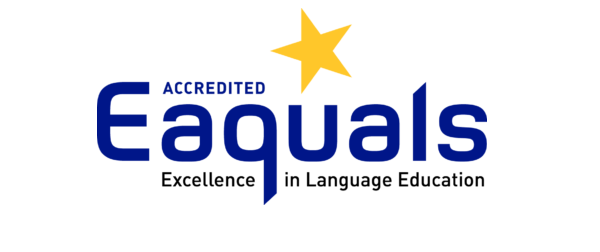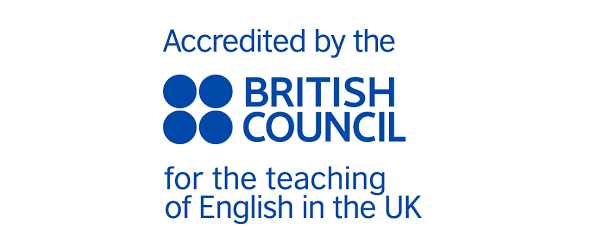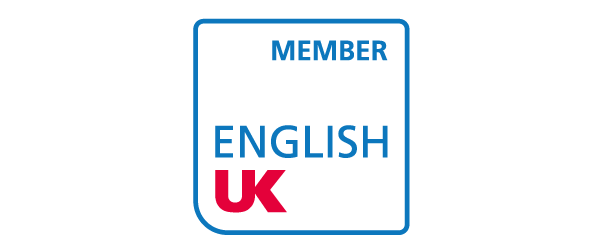NILE delivers language training to thousands of teachers in Rwanda
A programme delivered virtually in collaboration with British Council has so far supported 2500 secondary school teachers across Rwanda. First started in August 2023, the second phase will finish soon.
The 20-week language development program forms part of the wider STELIR (Secondary Teachers English Language Improvement Rwanda) project. STELIR is delivered in collaboration with the Mastercard Foundation and implemented by British Council in partnership with Rwanda Basic Education Board (REB). STELIR aims to improve the English language proficiency of Lower Secondary Teachers in the Rwandan state education system to at least intermediate level, reaching 6,000 in-service teachers across 14 districts, plus 1,000 Lower Secondary Pre-Service teachers in training at the University of Rwanda College of Education (URCE), with the ultimate goal of improving learning opportunities for lower secondary pupils.
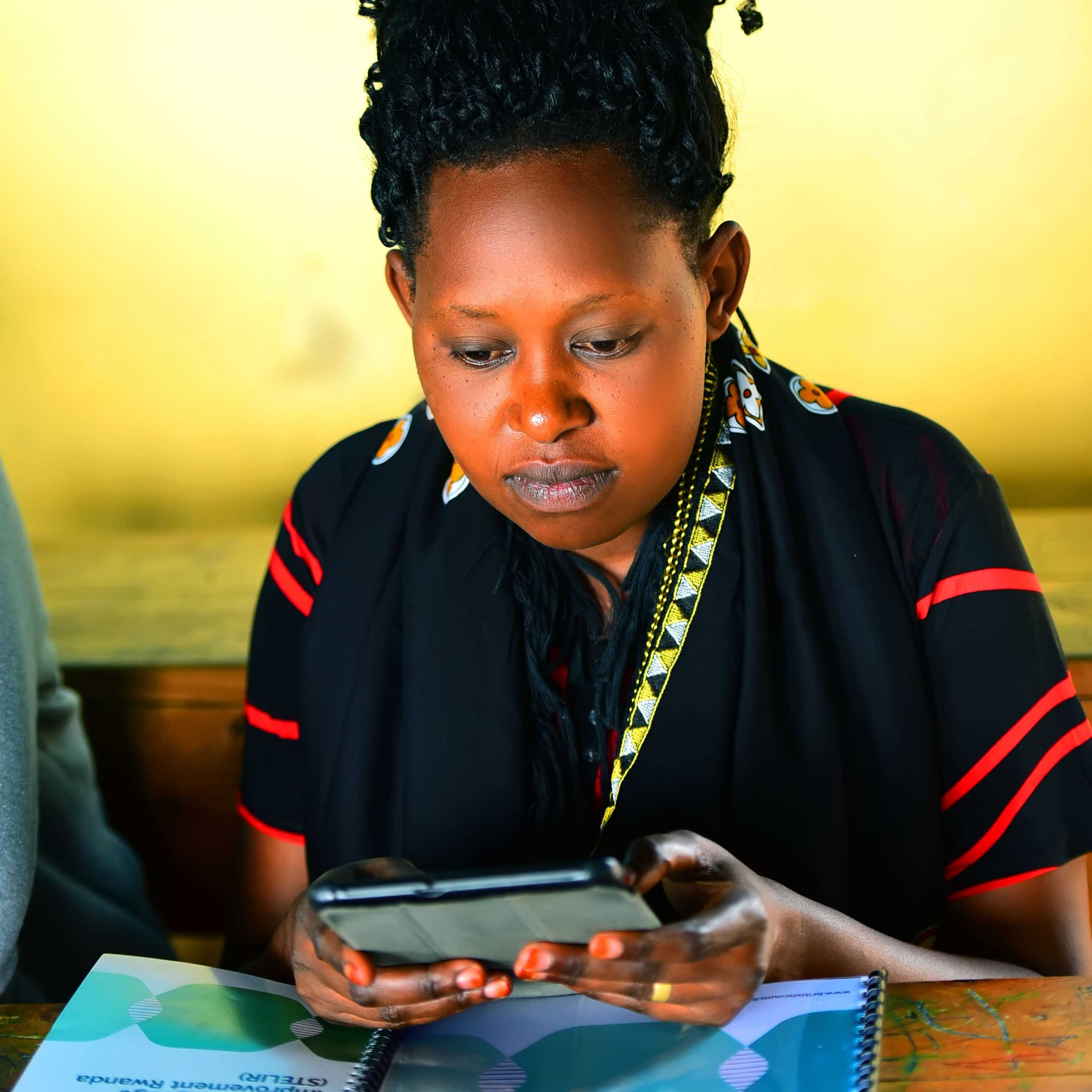
The first cohort of teachers enrolled in the programme in the autumn, and commenced study on their designated digital tablets, loaned to them for the project's duration. Participating learners pursued self-study modules in English vocabulary and grammar, including end-of-module assessments, which took place within the Rwandan Education Board (REB) learning platform, and engaged in regular virtual lessons with their e-Teacher moderators (eTMs).
Education in Rwanda has undergone considerable change and growth in recent years and is seen as the most critical investment in Rwanda’s economic future. At present, the education system is close to the end of a seven-year strategic plan of which the main goals are to improve the access, quality, and relevance of education.
Rose Aylett, NILE Consultant Trainer, said:
“Throughout the project, both learning participants and e-Teacher moderators grew in confidence. Some teachers who spoke very little in the first few sessions were actively engaging with their colleagues in English with confidence by the end. Similarly, the e-Teacher moderators I was lucky enough to work alongside also developed their technological abilities and picked up many useful new teaching techniques.”
One graduate from the English language program, Jean, said:
"It's been an incredibly productive experience engaging in live sessions with our e-Trainer throughout the training program, enhancing our skills to deliver English language lessons effectively as teachers. Through group work, discussions, and brainstorming, we've significantly improved grammar, communication, and writing skills.”
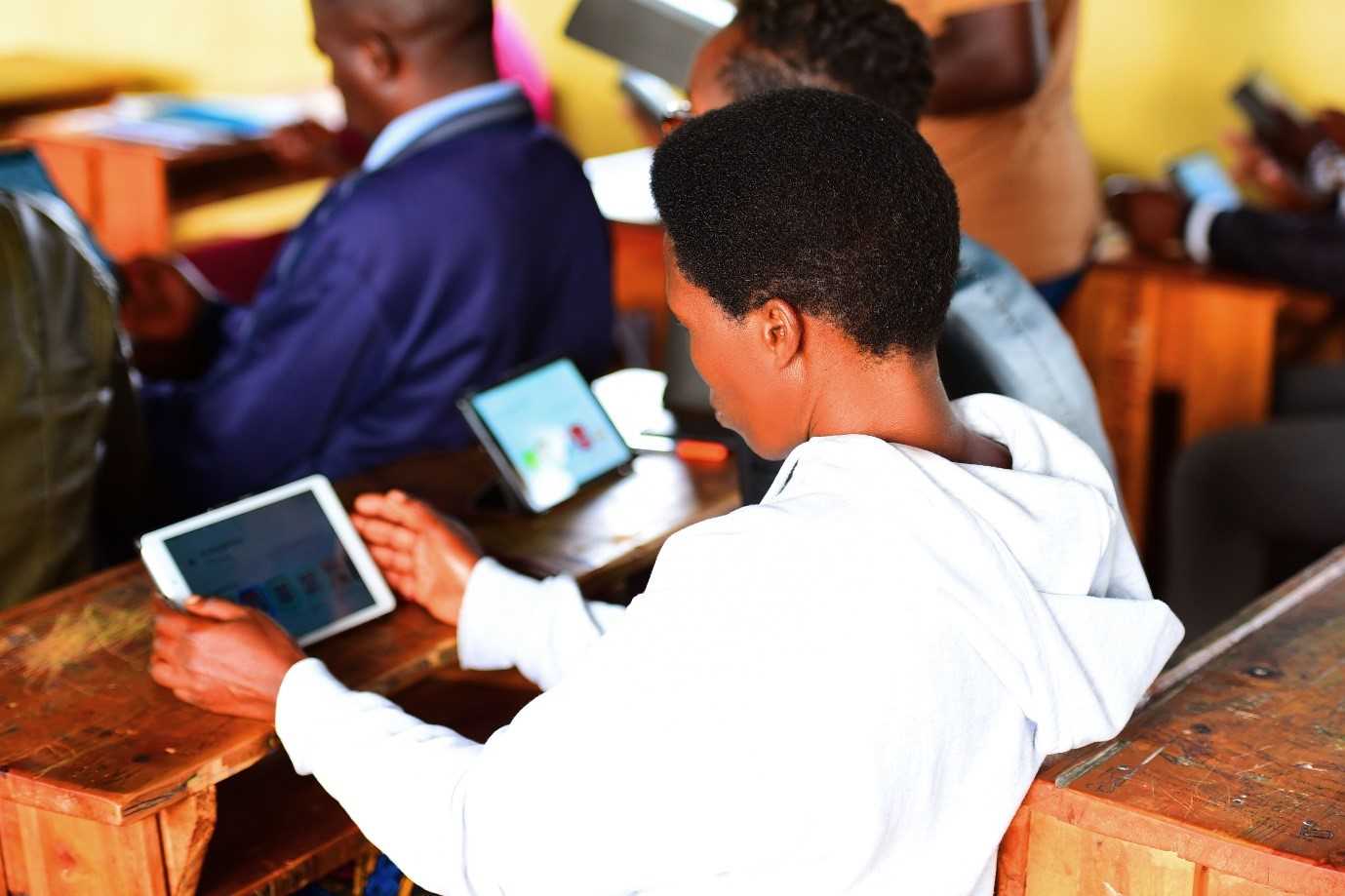
Secondary English teacher Francois, also joined the first cohort of teacher trainees and reflected on his experience completing the program as a visually impaired learner. He said:
“I initially feared challenges in keeping pace with others. However, the trainers actively engaged me in live sessions, making the learning experience accessible. Throughout the training, I gained a better understanding of English concepts and significantly improved my speaking, listening, and writing skills. The e-trainers I worked with all ensured inclusivity, considering my special educational needs. The live classes were genuinely inclusive, treating me and my fellow teachers equally, providing special care that allowed me to participate in activities alongside others."
Participating teachers also include a small cadre of local English teacher trainers, who completed the program with the tools necessary to continue the ongoing English Language teacher training support to Rwandan teachers following the first cohort's completion.
Ruth Bath, Senior Trainer and STELIR Project Coordinator at British Council Rwanda, said:
“Throughout the six months I worked with the NILE team, they were organized, communicative, and student-centered. As a result of this relationship, the Rwandan public education system now includes a team of well prepared, confident trainers, ready to deliver good quality sessions online which will model teaching skills and inclusive methodology they have learned from their e-trainers.”
NILE’s Deputy Director, Mike Riley, commented:
“It has been inspiring working with teachers across the whole of Rwanda and supporting efforts to achieve a sustainable change in the Rwandan education system. We wish the local English teachers the very best as they deliver ongoing training to local secondary teachers in Rwanda, who we know are excited to put their new skills into practice.”
NILE will continue delivering training in collaboration with the British Council in Rwanda over the coming weeks, including a second cohort of 800 trainee teachers who will complete the program in March 2024.
